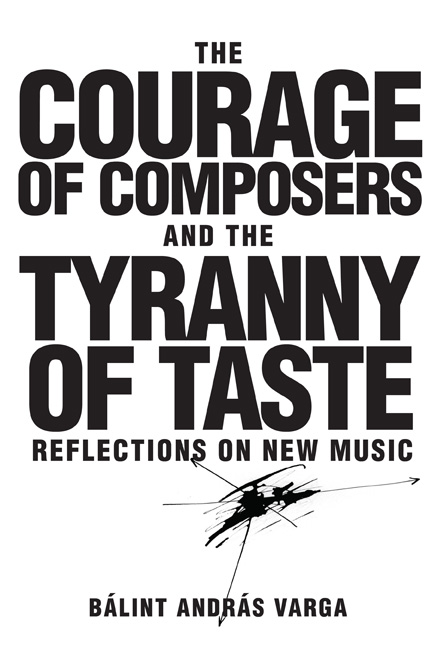9 - Paul-Heinz Dittrich (b. 1930)
Published online by Cambridge University Press: 22 May 2021
Summary
This is a sad, indeed, a tragic story.
When I first met the German composer in Berlin, capital of the German Democratic Republic (GDR), probably in 1983, my job was to do a radio program on music in the GDR. We met in the lobby of a hotel with Georg Katzer, Friedrich Goldmann, and Friedrich Schenker also present to be interviewed.
I sensed a distance that appeared to separate Dittrich from his colleagues. Even after an interval of more than three decades, I cannot forget a head turned in another direction when Dittrich was speaking, I can hear the silence that followed before another composer broached a subject that did not seem to have anything to do with the one discussed by Dittrich.
The reason for his apparent isolation was that, of all the East German composers, Paul-Heinz Dittrich had a publisher in the West: Universal Edition (UE) had signed him on, thanks to the interest taken in his music by UE's director, Alfred Schlee. That made Dittrich's position unique: he received commissions, his works were performed beyond the East German borders— he could step across the Iron Curtain.
And suddenly, it all came to an end. By the time I joined Universal Edition in 1992, Paul-Heinz Dittrich had vanished, if not from the catalog, certainly from the list of composers actively promoted by the publisher. I do not know the reason and, faced with having to master such a huge catalog, I am ashamed to admit that I failed to make inquiries.
You can read the whole story in the following page or so, told by the composer himself, who is physically still here with us but who will leave us one day, with his music filling shelves rather than concert halls. By the way, the “political change” to which he refers was the shiftfrom communism to capitalism, beginning with the fall of the Berlin Wall in 1989.
Zwischen Hochmut
und Demut,
steht ein drittes,
dem das Leben
gehört, und das ist
der Mut.
May 19, 2015
In my long life as a composer, that motto by Theodor Fontane has proved itself time and again, in many regards.
- Type
- Chapter
- Information
- The Courage of Composers and the Tyranny of TasteReflections on New Music, pp. 67 - 69Publisher: Boydell & BrewerPrint publication year: 2017

